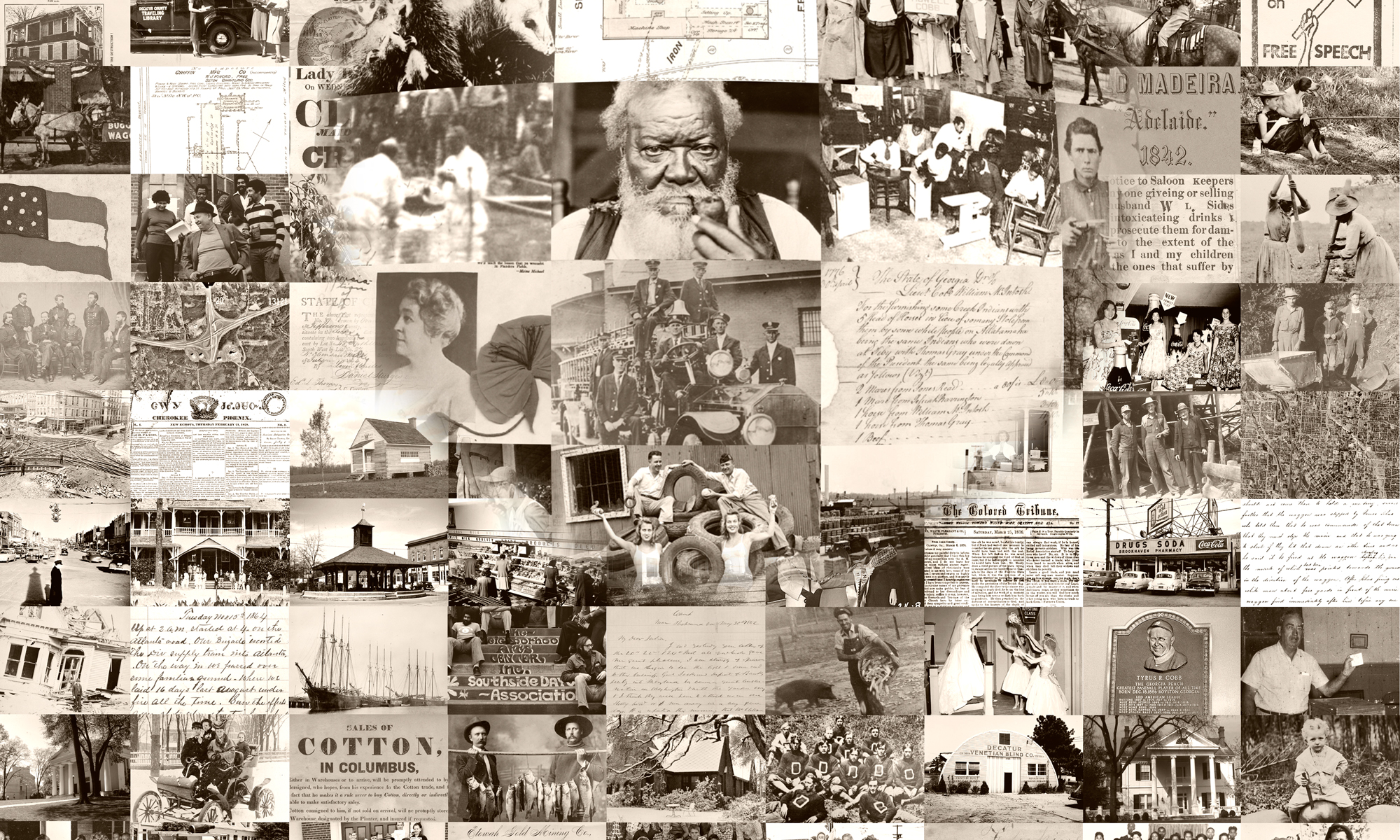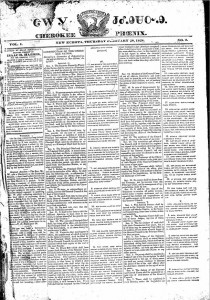Friday, April 4, 2014
Contact: Sheila McAlister, 706-542-5418, mcalists@uga.edu
Gates Foundation provides funding for training public librarians
Athens, Ga. – The Digital Library of Georgia, based at the University of Georgia Libraries, is receiving $100,000 from the Bill and Melinda Gates Foundation and the Digital Public Library of America to provide digital skills training for public librarians to aid in exhibiting cultural heritage content.
This training is designed to reach public librarians in libraries with special collections that want to share their content with a broader audience but may not have the resources to do so.
UGA’s library is a regional “service hub” for the Digital Public Library of America. The funding will further support the project Georgia HomePLACE (Providing Library and Archives Collections Electronically). Since 2003, the project has encouraged Georgia public libraries and related institutions to participate in the digital library. It offers a collaborative model for digitizing primary source collections related to local history and genealogy.
“The Gates funds will allow the Digital Library of Georgia to initiate new digitization projects with the public libraries and update the Georgia HomePLACE survey to bring a better understanding of the digitization needs of the state’s public libraries,” said Sheila McAlister, director of the Digital Library of Georgia. “The funding will also provide the public libraries with ways to connect their community history to the larger national narrative through easy-to-create online exhibits and expose the rich local history collections of the public libraries on a national scale via inclusion in the Digital Public Library of America.”
Beginning in May, the Digital Library of Georgia will provide three day-long training sessions to public librarians designed to introduce the basics of digital projects. After the workshops, library staff will work with the attendees to identify suitable content for digitization, digitize the historical content, create metadata, host the files and create three online exhibits.
The project provides the foundation for a long-term relationship between local public libraries, state and regional hubs, and the Digital Public Library of America. The partnerships will allow public library content to be aggregated and made available at state, regional and national levels.
Additionally, the project will produce curricular resources for digital skills training for cultural heritage professionals. Through an iterative process of writing, implementation, revision and further implementation, the Digital Public Library of America and the hubs will have the opportunity to test and document best practices and share their findings publicly.
The Digital Library of Georgia is a GALILEO initiative based at the University of Georgia Libraries that collaborates with Georgia’s libraries, archives, museums, and other institutions of education and culture to provide access to key information resources on Georgia history, culture, and life.



![Letter, 1833 Sept. 22, Cassville, Georgia, [to] Wilson Lumpkin, Gov[ernor of Georgia] / John Ridge, page 1](http://blog.dlg.galileo.usg.edu/wp-content/uploads/2014/03/Letter-to-Wilson-Lumpkin-243x300.jpg)
![[Copy of New Echota] Treaty [between] the Cherokees [and the] United States, 1835, page 1](http://blog.dlg.galileo.usg.edu/wp-content/uploads/2014/03/New-Echota-Treaty-page-1-182x300.jpg)